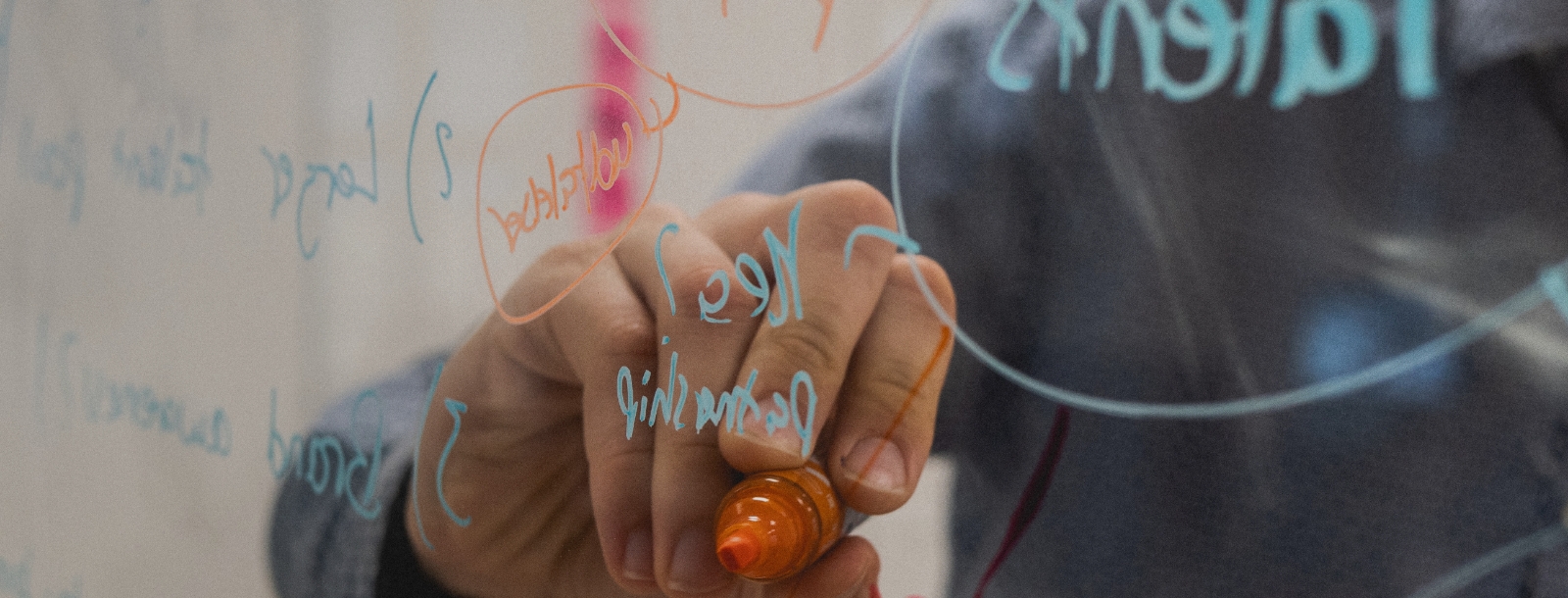Think you can define ‘service’? Think again.
Continuing our series of reviews of our previous podcasts, highlighting the nuggets of brilliant advice and information they contain.
This week’s focus is on Mark Smalley’s episode – down, up and through the rabbit hole of taxonomy.
‘A creative caravanserai of ideas and ‘ologies,’ if you will.
For as long as many of us have been working in IT, and or IT Service Management, there is an endless debate about what service, and indeed service management actually means.
Mark is best known as prolific writer and speaker, describing his role as ‘building bridges between people and communities’.
When Mark chatted with Barclay Rae and Ian Aitchison back in October 2021, he had recently been the lead editor of the ITIL 4 High-Velocity IT Book. The brief was to give guidance to organisations that depend more heavily on digital technology as well as trying to attract interest from domestic domains and not just IT Service Management.
The podcast discussion was varied, and touched on our basic understanding of the terminology we use constantly. This included what we actually mean by ‘service’…
“One of the nicest things I heard from someone from the DevOps community said was that he would never have thought this book was about ITIL – ‘It’s cool and it’s universal,’” Mark told the podcast.
Research for the book included people from 18 countries and spread across various disciplines – a third from the core IT Service Management community, a third from Agile and DevOps and the rest from outside IT completely.
More recently Mark has produced work on the XLA concept – ‘The XLA handbook’, with Marco Gianotten, plus his own excellent ‘Reflections on XLAs’.
Reflections on the podcast…
So go on – define ‘service’
Why is it so hard for us, indeed anyone to define what a service is. Mark describes it as a ‘phenomenon of service’ and leans quite heavily on service science.
“Think of the significance of service for the world economy,” he suggested.
Is it a unit of economic exchange – people applying their competencies for the benefit of each other?
Is it two parties who want to do something for the benefit of each other – that concept of co-creation?
Then again if we are one department and we are colleagues working together – are we exchanging services or is that just work, or collaboration?
A good distinction to make is that of ‘services’ and ‘goods’.
“Goods are tangible and you can transfer ownership and also it is a form of economic exchange where you are just doing things for people, that is service.”
When does collaboration stop and when does service begin?
Two parties could benefit from the exchange not for a common purpose but for a complimentary one. And here is the thing – it does not even need to be for payment.
As Mark says: “I get experience. As a service provider, I build up my competency of doing stuff, so I get better next time’.
As Ian pointed out: “We’re all trying to get to a destination. I need you to be successful at what you do, and for you to be successful, you may need my help. Now maybe that is exchange.”
Perhaps we can take Barclay’s definition of the more transactional nature of it: “One party perhaps pays the other, delivers something. Co-creation concept – the important nugget is not the doing of something but the outcome that is achieved as a result of doing it.”
If three people have different ways of looking at service, then how do we ever go about service management?
“Is this just about managing service provision, or also about service consumption – co-creation of value.
“Is it just for the service provider or also the service consumer?
“There always seems to be a bit of service, even if you are just delivering a box.”
Perhaps one of the reasons why service is so hard to define, is that IT is a constantly developing entity, and even after all this time, no-one is quite clear what it is, or even that the right answer is all of the above.
Let’s give Mark the last word: “It is about making things better by doing better things better. Improving the way you do stuff so you can make a difference in the world.”
Key Takeaways
How do we handle seemingly obvious taxonomy? What seems obvious for one has a different meaning for others – how do you find the common ground?
Is the definition of service a concept, or a science … or even both? Even just between three members of the community, there was a robust discussion of how to even break down a definition of service – from wholesome to pragmatic.
Giving guidance to organisations who depend more heavily on digital technology might require more different ways of thinking and working – how a book about ITIL became ‘cool and universal’ requires perhaps a little lateral thought.
Listen to Mark on the Enterprise Digital Podcast
Connect with Mark via X (formerly Twitter) @marksmalley or find him on LinkedIn.
The Enterprise Digital Podcast is a regular discussion on all matters related to Enterprise Service Management and Digital Transformation. The hosts are Barclay Rae and Ian Aitchison, who share and discuss their thoughts on the converging worlds of technology, service management, people and management, business and corporate development, governance, automation and more… Regular guests will be invited to try and get a word in …
Listen to the podcasts on Apple Podcasts, and Spotify.




